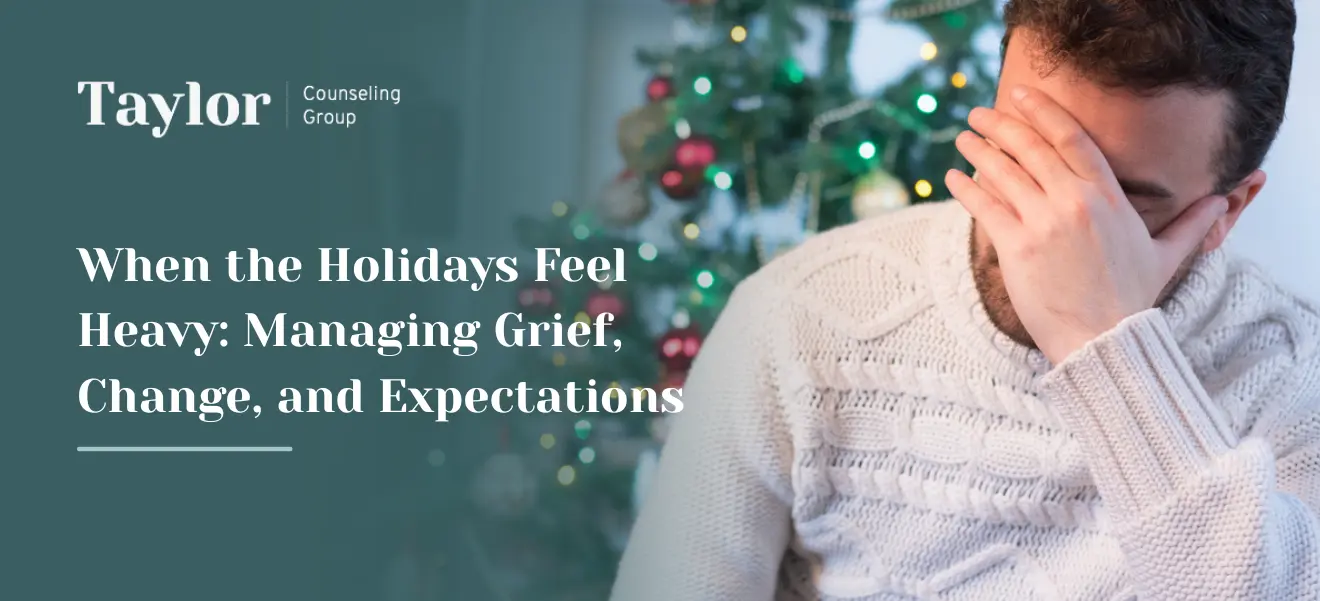Empty Nest
As a parent of two children I find myself always trying to expose them to new opportunities. Just like many other parents I too want my kids to do better than me; therefore, I am constantly encouraging them to try new things, meet new people, and get involved in whatever interest them. However, by encouraging them to get involved means I too am involved; whether it is being a driver, leading an activity, hosting a fundraiser, or being a chaperone, I have found my calendar is fuller with their commitments than my own. With being so wrapped up in their activities/lives I do at times find myself thinking what I will do when they graduate, and both are no longer in the home. What will my life look like when my home is empty?
Empty Nest Syndrome, what is it?
Empty Nest Syndrome is not a mental health disorder and cannot be clinically diagnosed; however, it can be diagnosed by a therapist, social worker, or caregiver as it is a real condition. It is a time in which parents experience a feeling of sadness and loss when the last child leaves the home. For some parents, it is struggling with letting go and an intense worry of will they know how to be independent, can they take care of themselves, and remain safe. For others it is having a hard time adjusting to not having anyone at home to care for, not having the constant companionship, the quietness, and the feeling of loneliness. Research has shown that parents who do struggle with empty nest syndrome are more vulnerable to depression, alcoholism, identity crisis, and marital conflicts.
Revamp
I was recently told empty nest syndrome doesn’t have to be a death sentence, but a time where you can revamp your life. For couples, it can be a time to reconnect with one another, improve their quality of marriage, and an opportunity to rekindle interest they shared but didn’t have time for. For single parents, it can be a time to build up your social network, pick up old hobbies or start new ones, join a club, volunteer with an organization, or the chance to get back into the dating world. It is a chance to rediscover self-care, mindfulness, your personal strengths, and implement these into taking care of you.
Proactive and Coping
You can also be proactive if you are worried about experiencing empty nest syndrome. Before your last child leaves the home begin to look for new opportunities and interest in your personal and professional life. Take on new challenges at work or at home, this can keep you busy and fill your calendar with your own commitments. Ways to cope if you are experiencing loss due to empty nest syndrome: accepting the timing by focusing on what you can do to help your child be ready and prepared for when he/she does leave the home; keep in touch by making an effort to maintain regular contact through phone calls, visits, texts, video chats, and emails; seek support if needed with consulting with your doctor or a mental health provider; and the last stay positive by thinking about the extra time and energy you now have to put into your marriage, relationships, or self.







